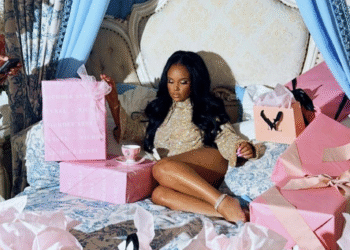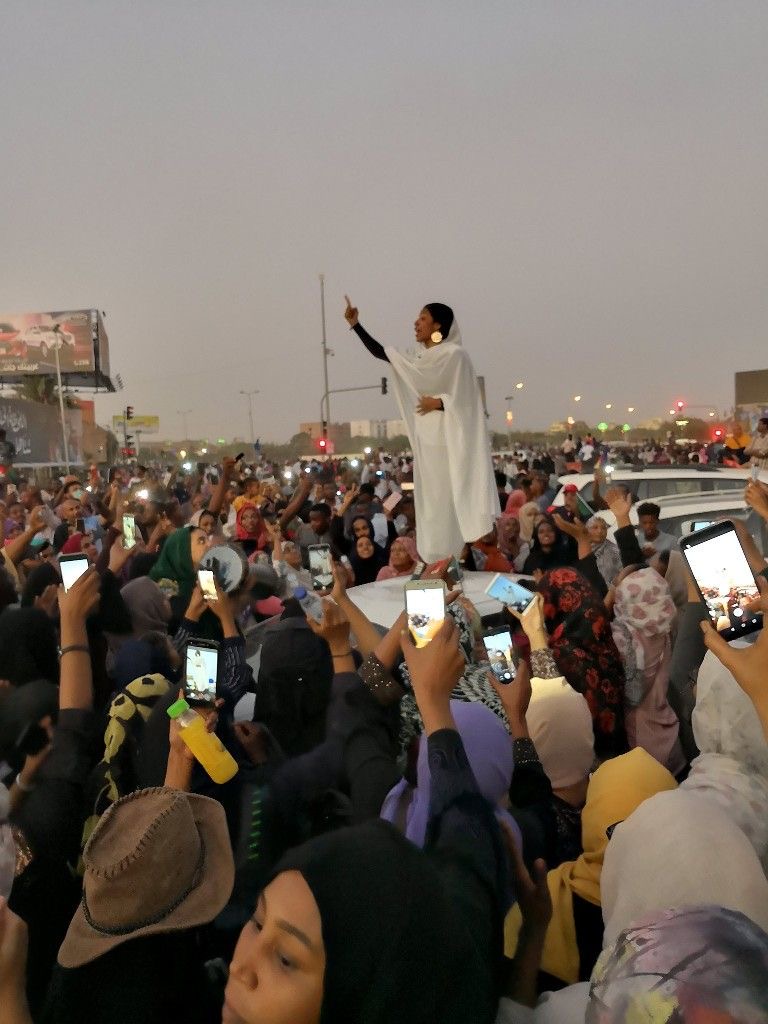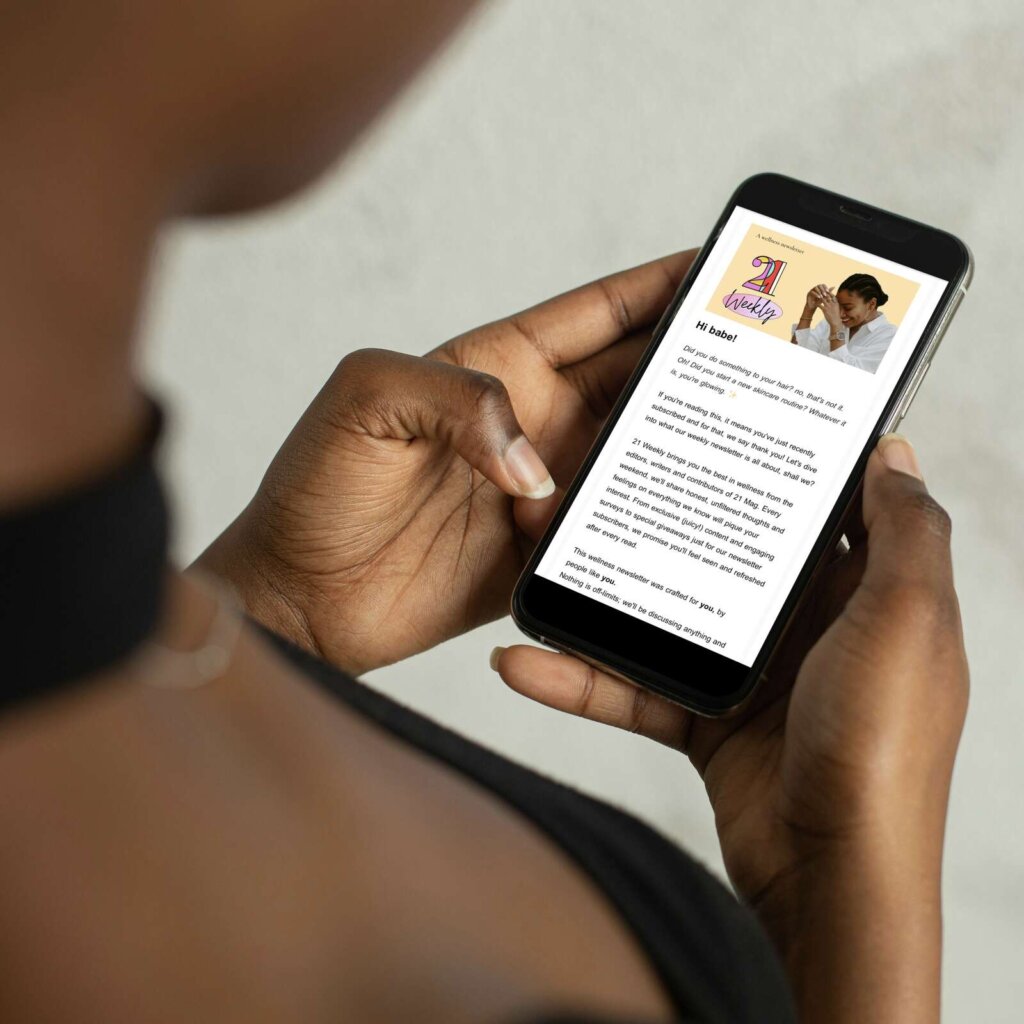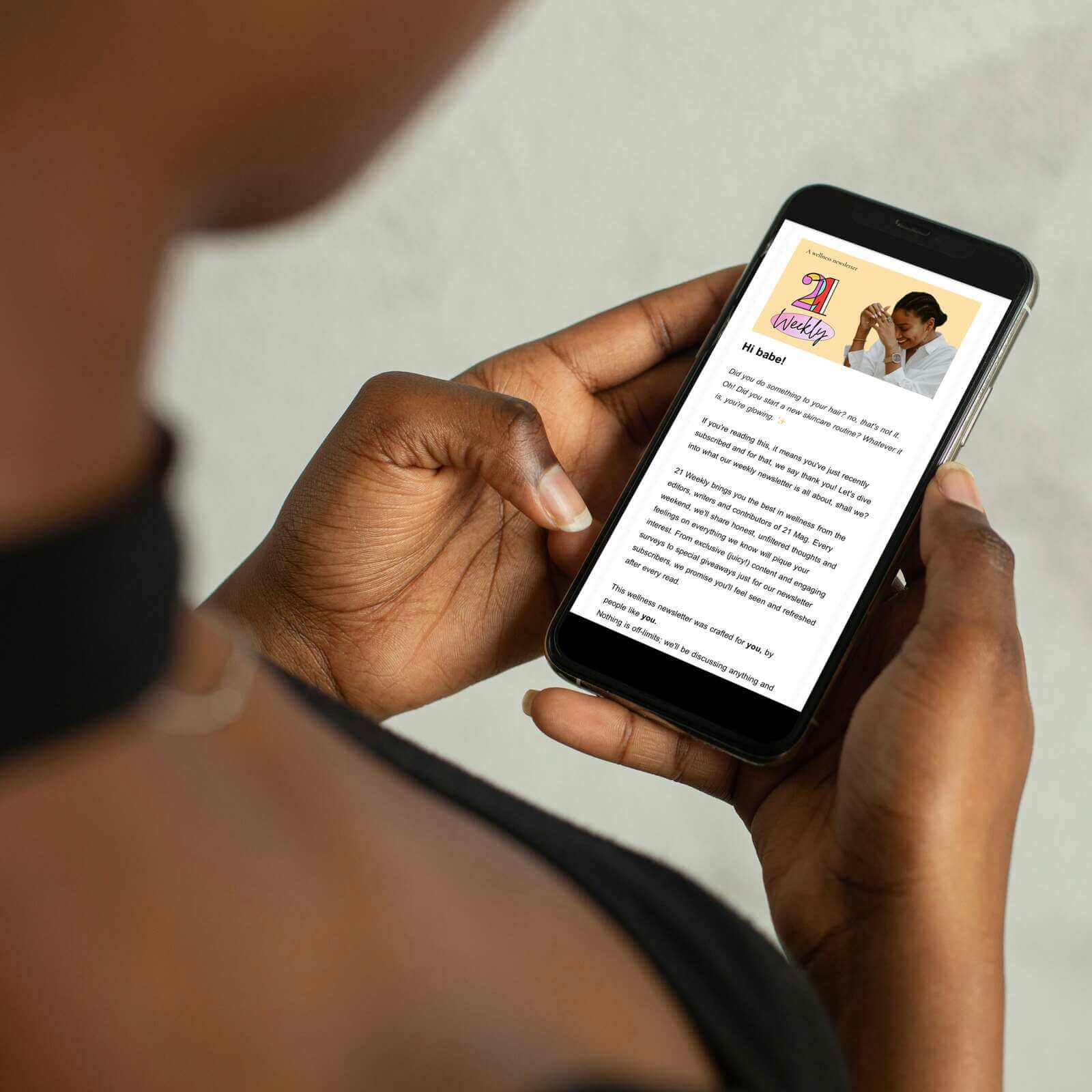Race has always been a heavy subject. As a child, I accompanied my mom on occasional trips to Lagos to visit my aunties. On one of those journeys back from Lagos, I encountered a sight that mirrored something I’d only ever witnessed on television. Two girls, with long black hair, light brown eyes, and fair skin, both about my age at the time, stood before me. They were called “Oyinbo.” However, something was amiss – their bodies were covered in mud, their clothes in tatters, and they sought spare change from passersby.
I couldn’t fathom how girls who looked like them could be in such a situation, for in my young mind, white people were always associated with wealth. What puzzled me even more was the fact that everyone around was ignoring these little girls. Someone had even yelled at them to leave the area. Curious, I turned to my mom for an explanation.
She told me that they were immigrants from Lebanon who had fled their war-torn country and sought refuge in Nigeria. It always made me profoundly sad to see anyone my age looking dishevelled and malnourished, regardless of their nationality.
I share this story now because it struck me at the beginning of this year that the reason I remember those girls and feel such deep sympathy for them is because they were the first real-life people who challenged the narrative I’d seen on TV shows – where white people were always depicted as affluent and Black people as impoverished.
How The Entertainment Industry Influenced My Thinking And How I Came Around To Changing That
The entertainment industry wields immense power in shaping societal perceptions and shaping the minds of young individuals, especially young children. I frequently watched shows and music videos where the love interest (at least the preferred one) was light-skinned or white which I interpreted in my young mind as the beauty standard.
Mainstream media often portray people of African descent as less privileged, average-looking persons. My lack of long blonde hair, the presence of my full lips and fat butt would pave the way for my insecurities at such an early age because I wasn’t what I personally believed was the beauty standard at the time. Let’s take a closer look at the impact of the entertainment industry on young children.
The Negative Impact of the Entertainment Industry on Young Black Children
Stereotyping and Misrepresentation
It’s no news that mainstream media often portrays black characters in limited, stereotypical roles, encouraging harmful narratives. Young black children are subjected to the harmful notion that they should accept these stereotypes rather than express their true identities.
Lack of Diversity in Media
Limited representation leaves young black children feeling overlooked and isolated, which, in turn, limits the development of comprehensive and inclusive viewpoints. When people don’t see themselves reflected positively in the media, it can negatively affect their self-esteem and aspirations.
Influence on Behavior and Identity
Music, movies, and television play a significant role in shaping the behaviour and identity of young children. The way negative behaviour and lifestyle in some media content are praised, can lead to the normalization of harmful choices. Young black children are particularly vulnerable to these influences as they are often left without sufficient content that reflects positive role models and values.
Colourism and Beauty Standards
Lighter skin tones have always been favoured when it comes to defining beauty standards within and outside Africa. These ideals are exposed to black children from a young age, negatively impacting their self-esteem and body image. It leads to a struggle with self-acceptance.
Impact on Educational Goals
The glorification of fame and wealth in the entertainment industry can lead young black children to pursue careers in sports or entertainment over other fields. While there is nothing wrong with aspiring to such careers, children should be encouraged to explore a wide range of options. Overemphasis on fame and fortune can discourage academic and professional pursuits, limiting opportunities for personal growth and success.
Building My Self-Confidence
With Inclusivity being the order of the day in the media today, the presence of people I could relate better to, made me feel seen in many ways than one. My short afro hair was called beautiful, everyone wants full round lips like mine and society doesn’t think my round hips and fat bum make me average-looking. Slowly my self-esteem grew along with my confidence. I watched TikTok and YouTube videos educating me on parts of my culture along with detailed explanations on why I am the way I am and talk the way I do. I never fully recognised the importance of representation until I had a taste of what it felt like to be seen.
The Importance of Representation in the Film Industry
Representation in the film industry is crucial for several reasons:
Diversity and Inclusion
Making sure that people from various backgrounds, cultures, genders and identities are accurately portrayed in films, making the industry more inclusive.
Authentic Storytelling
Representation allows for more authentic and diverse storytelling, enabling a broader range of experiences to be shared on screen.
Empowerment
Seeing characters who look like one’s self on screen can empower individuals and communities and provide positive role models.
Challenging Stereotypes
Helping challenge and break down stereotypes, promoting a detailed understanding of different groups.
Expanded Audience
Diverse representation can attract a wider and more global audience, benefiting the industry economically.
Artistic Innovation
Encouraging different perspectives and voices can lead to more creative and innovative storytelling.
In summary, representation in the film industry promotes diversity, inclusivity, and authenticity, which enriches the art form and its impact on society.
Shifting the Beauty Standard Through Education and Information
Shifting beauty standards through education and information is a powerful way to promote more inclusive and healthy ideals.
Media Literacy
Teach young minds to critically analyze media, including advertising, fashion, and entertainment, to understand how unrealistic beauty standards are constructed.
Diverse Role Models
Introduce diverse role models and historical figures who have made significant contributions, highlighting beauty in various forms.
Self-Esteem Building
Teach young children to have confidence and help them build their self-esteem at an early age.
Education on Media Manipulation
Help young people recognize image manipulation and filters commonly used on social media, revealing the gap between online and real-life Appearances.
Inclusive Curricula
Incorporate diverse perspectives and narratives into educational materials, including those related to beauty, culture, and identity.
Encourage Creativity
Support creative expression through art, writing, and other forms of self-expression, allowing individuals to define their own beauty standards.
Community Involvement
Engage with the community to challenge harmful beauty norms and promote acceptance and diversity.

For the sake of future generations, I only hope that the way people of African descent are portrayed in the media gets better from here on. That one encounter in Lagos completely changed my mindset and set me up to be the advocate for inclusivity that I am today. Not everyone thinks the same, although everyone must have felt the same way I felt at some point where they believed being born in Nigeria set them up for failure. This article was written for the sole purpose of inspiring young black people to be more secure and confident in their bodies and environment.







